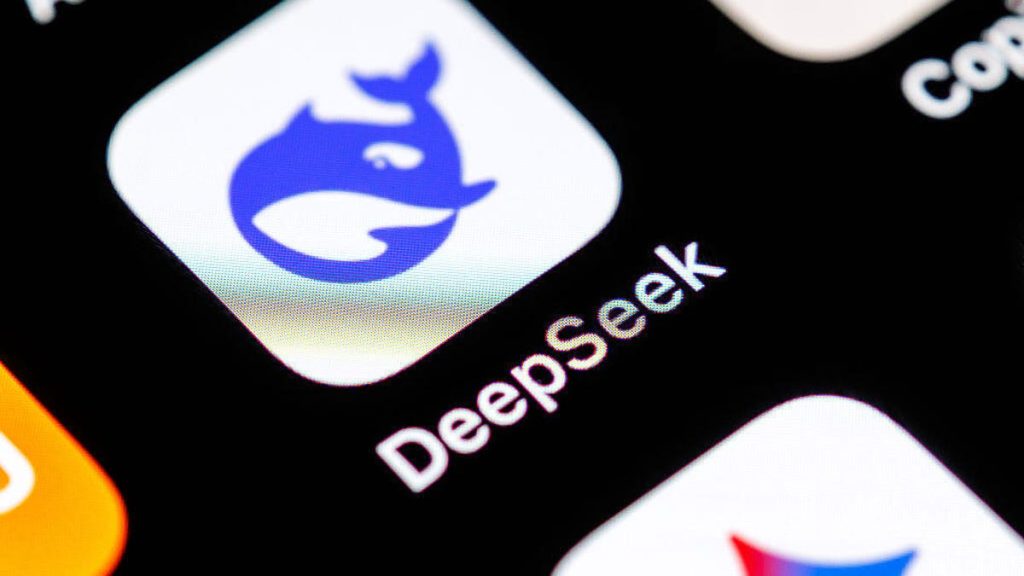
Follow ZDNET: Add us as a preferred source on Google.
ZDNET’s key takeaways
DeepSeek will reportedly launch an agent by the end of this year.Agents have become a focal point in the ongoing AI race.The company’s debut was a turning point in the global AI race.
DeepSeek, the Chinese AI startup that sent shockwaves throughout Silicon Valley earlier this year with its sudden ascent onto the global tech scene, is reportedly gearing up to launch its most powerful AI system yet.
The company aims to release an AI agent to compete with similar models from OpenAI, Google, and other tech giants by the end of this year, according to a Thursday report from Bloomberg, which cited anonymous sources.
Also: What is sparsity? DeepSeek AI’s secret, revealed by Apple researchers
In contrast to traditional chatbots, which require consistent prompting from human users, agents can autonomously execute multi-step tasks with little to no human oversight. Tech developers have been promoting them as the next rung in AI’s evolutionary ladder, and as productivity boosters for businesses looking to automate some mundane and time-consuming aspects of everyday work.
China’s ‘Sputnik moment’
In January, DeepSeek released R1, an AI model that quickly gained international attention for its ability to clearly describe to users how it was working through its reasoning process to arrive at its responses to queries, like a precocious student showing all their work on a math test.
More impressive, however, was the alleged cost required to build it: DeepSeek reportedly only spent around $6 million to build R1 — a relatively paltry amount compared to the estimated costs of developing ChatGPT, Gemini, and Claude. And unlike those other models, R1 was open source, meaning developers can access its underlying code and build their own applications on top of it for free.
Also: I tested DeepSeek’s R1 and V3 coding skills – and we’re not all doomed (yet)
The sudden appearance of R1 seemed to upset the “bigger is better” paradigm, which by then had become deeply entrenched in Silicon Valley and is based on the premise that advanced models require gargantuan quantities of data — and money — to build. For the first time, here was a model whose performance seemed to rival leading LLMs, and whose construction required far fewer resources than were being spent by its competitors. It’s been called China’s Sputnik moment.
An eye toward the future
Not much is known at this point about DeepSeek’s reportedly forthcoming agent. But if recent trends across the AI sector are any indication, it’s probable that it will be promoted as an automated virtual assistant for professionals and businesses, which has become an overarching marketing theme for most agents currently on the market.
Also: The best AI chatbots of 2025: ChatGPT, Copilot, and notable alternatives
Regardless of how the model ultimately turns out, Silicon Valley will certainly be keeping a close eye on developments from the Hangzhou-based company. For the time being, the bigger-is-better paradigm is still reigning throughout tech, and companies like OpenAI, Google, Microsoft, and Meta are investing in ever more massive data centers to fuel their swelling AI goals. The appearance of a less data-hungry agent from DeepSeek, which, perhaps like R1, could cost less to build than other popular agents, could send yet another seismic shock throughout the tech sector.
Washington is also likely to be warily awaiting further news from DeepSeek; the sudden and tumultuous arrival of R1 earlier this year rattled US policymakers who fear China could gain a competitive edge in the AI race.
Want to follow my work? Add ZDNET as a trusted source on Google.

